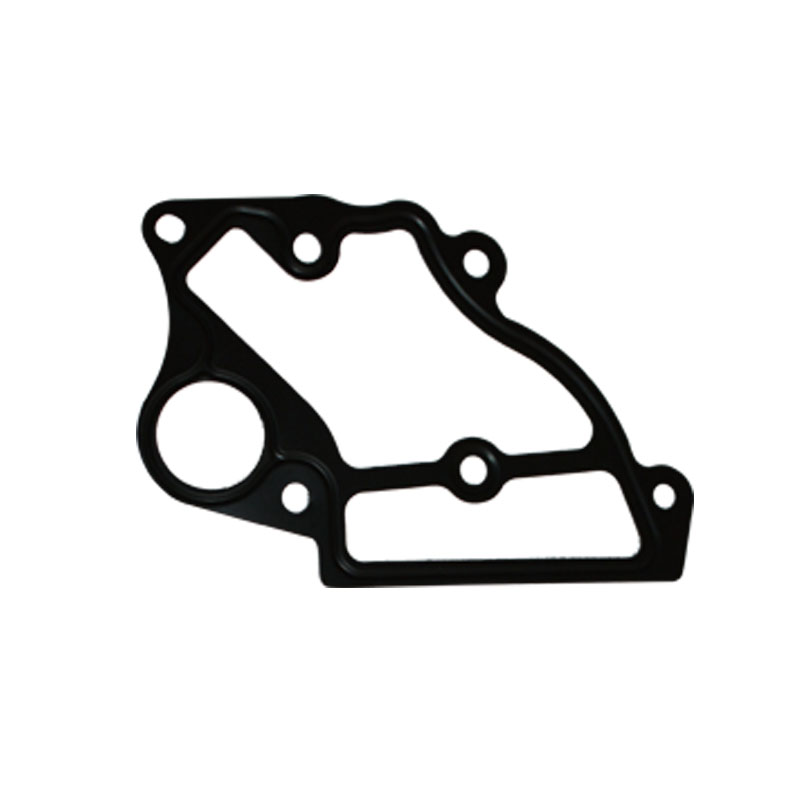How to Choose the Right Crush Washer for Your Drain Plug Needs
Understanding the Importance of Drain Plug Crush Washers
When it comes to maintaining various machinery, vehicles, and equipment, small components play a pivotal role in ensuring optimal performance and longevity. Among these components, drain plug crush washers are often overlooked, yet they are crucial in preventing leaks and ensuring the integrity of fluid systems. This article will explore the significance of drain plug crush washers, their functions, materials, and maintenance tips.
What is a Drain Plug Crush Washer?
A drain plug crush washer is a flat, ring-shaped gasket typically made from soft materials such as rubber, copper, or aluminum. It is placed under the drain plug, which is used to seal the oil pan or other fluid reservoirs. When the drain plug is tightened, the washer compresses, creating a tight seal that prevents fluid from leaking out. The term “crush washer” comes from its ability to deform under pressure, filling gaps and imperfections on the mating surfaces.
Functions of Drain Plug Crush Washers
1. Leak Prevention The primary function of a crush washer is to prevent leaks. When liquids, such as engine oil, transmission fluid, or coolant, are stored within a container, even the smallest gap can lead to significant fluid loss over time. The crush washer ensures a tight seal, minimizing the chances of leakage.
2. Vibration Absorption Machinery and vehicles are subject to vibrations during operation. These vibrations can loosen components, potentially leading to leaks. Crush washers can help absorb some of this movement, maintaining a better seal for longer durations.
3. Reusability and Replacement While some washers can be reused if they remain in good condition, it is usually recommended to replace them whenever a drain plug is removed or serviced. This practice helps maintain the integrity of the seal and prevents issues that may arise from damaged or worn washers.
Materials Used for Crush Washers
The choice of material for drain plug crush washers is critical, as it affects the performance and durability of the seal
- Copper Frequently used in automotive applications, copper crush washers provide excellent sealing properties due to their ductility, which allows them to deform effectively when compressed. However, they can be prone to corrosion over time, especially in the presence of certain fluids.
drain plug crush washer

- Aluminum Lightweight and resistant to corrosion, aluminum crush washers are common in many applications
. They provide a reliable seal and are often preferred for their durability.- Rubber Rubber washers are typically used in applications where flexibility and resilience are essential, such as in high-vibration environments. They offer good sealing capabilities but may have limitations regarding temperature resistance.
Maintenance Tips for Drain Plug Crush Washers
To ensure optimal performance from drain plug crush washers, consider the following maintenance tips
1. Inspection Regularly inspect crush washers for signs of wear, damage, or deformation. If you notice any cracks, tears, or a loss of compressive strength, it is time to replace the washer.
2. Proper Torque When installing or reinstalling the drain plug, use the recommended torque specifications. Over-tightening can cause crushing of the washer beyond its intended design, while under-tightening may lead to leaks.
3. Use New Washers Always use new crush washers when replacing the drain plug. Reusing old washers can lead to inadequate sealing and potential leaks.
4. Fluid Compatibility Ensure that the crush washer material is compatible with the fluids involved. For instance, certain chemicals can degrade rubber washers over time.
Conclusion
Drain plug crush washers may seem like a small component, but their role is vital in maintaining fluid containment and preventing leaks in various applications. By understanding their function, materials, and proper maintenance, you can ensure that your machinery operates smoothly and efficiently. Don’t overlook this crucial element during routine checks and maintenance; doing so can save you from costly repairs and ensure the reliability of your equipment.
-
Understanding the Front Main Engine Seal: Purpose, Maintenance, and Installation
News Jul.29,2025
-
Understanding O-Rings and Seal Rings: Types, Applications, and Custom Solutions
News Jul.29,2025
-
Understanding Crankshaft Oil Seals: Rear Seals, Pulley Seals, and Their Role in Engine Integrity
News Jul.29,2025
-
The Importance of Front and Rear Crankshaft Seals in Engine Performance and Oil Management
News Jul.29,2025
-
Crank Oil Seals: Functions, Types, and Cost Considerations in Engine Maintenance
News Jul.29,2025
-
A Comprehensive Guide to O-Rings and Seals: Types, Materials, and Global Applications
News Jul.29,2025
-
Mastering Diesel and Performance Engine Maintenance: A Guide to Critical Oil Gaskets
News Jul.28,2025
Products categories















